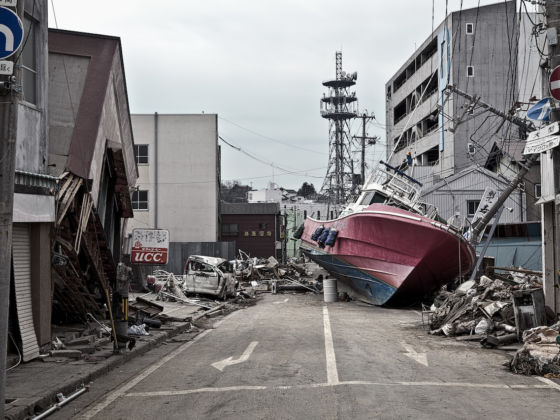I’m sitting here in Argentina, landlocked, about as far away from the seismically active Ring of Fire as a person can get. I am not directly affected by the destruction on the other side of the world, so I watch the news. And I can’t help but wonder when we’ll stop talking about Japan.
Every media outlet is reporting each new shake of the ground, showing photos of bodies being pulled from the rubble and posting videos of enormous waves engulfing the coast of Sendai.
